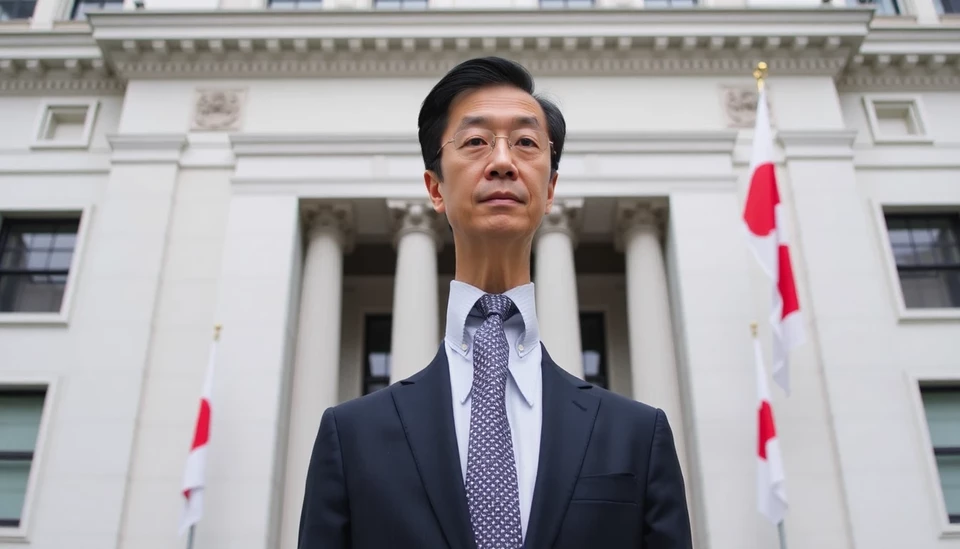
The latest development on the economic front is that, thanks to its restarting of energy subsidies under the Japanese government, Tokyo has started to indicate that it is cooling off in terms of its rate of inflation. This was part of the current government's agenda to tame the surging cost of living that had been biting into household budgets across the country.
Statistics for September showed that Tokyo's inflation is cooling, with a reading of 2.5% year over year, compared with a gain of 2.8% the prior month. This contraction echoes the effect of fresh subsidies to ease the pressure of soaring energy costs on consumers.
The revival of these financial supports represents a crucial intervention by policymakers working their way through the high levels of inflation initially driven by external energy shocks and supply chain disturbances. These measures now cut electricity and gas bills for the average household, providing partial relief in the middle of what was generally a difficult economic environment.
The core, in turn, excludes volatile food prices but includes energy costs. The easing trend was consistent with the core consumer price index that had been expected by analysts to retreat due, among other things, to the reimplementation of subsidies. This could be an indication that consumer confidence stabilizes as households start to feel some relief from the relentless cost increases. Analysts continue to closely watch longer-term trends in inflation expectations.
Even as the inflationary pressures have softened, the operating environment still remains complex for the Bank of Japan. Policymakers will be keenly weighing support to economic recovery against price stability. The most recent data would present some room to this central bank, but global economic uncertainties and geopolitical tensions continue to be there as threats in making forward policy decisions.
What's more, the government of Prime Minister Fumio Kishida has promised to do more if necessary and has adopted a watchful policy on managing the economy. That watchfulness includes possible fiscal policy adjustments to ensure that the economy is resilient against continuing and future disruptions.
As the government struggles on with these economic difficulties, the restoration of energy subsidies reveals a crucial instrument within their policy armory. The immediate positive effect on inflation makes such interventions important to maintaining stability in the economy and safeguarding consumer welfare.
Tokyo's latest figures did give cause for hope to the Japanese economy overall, inasmuch as it suggested that through a calculated intervention, it is possible to soften some of the more brutal impacts of global economic tides. The stakeholders-businesses, households, and policymakers-remain out and will be keenly waiting for upcoming data releases toward the complete realization of how these measures are sculpting the general economic trajectory.
To put it in a nutshell, as the restarting of energy subsidies brings temporary relief to Tokyo's inflation, the decision has served to highlight the tightrope performance that is economic policy. For the long run, optimism is cautiously adopted while Japan acts strategically toward continued economic challenges.
#inflation #Tokyo #energy #subsidies #Japan #economy #CPI #consumer #confidence #Prime #Minister #Fumio #Kishida #Bank #of #Japan #economic #policy #fiscal #measures
Author: Daniel Foster




